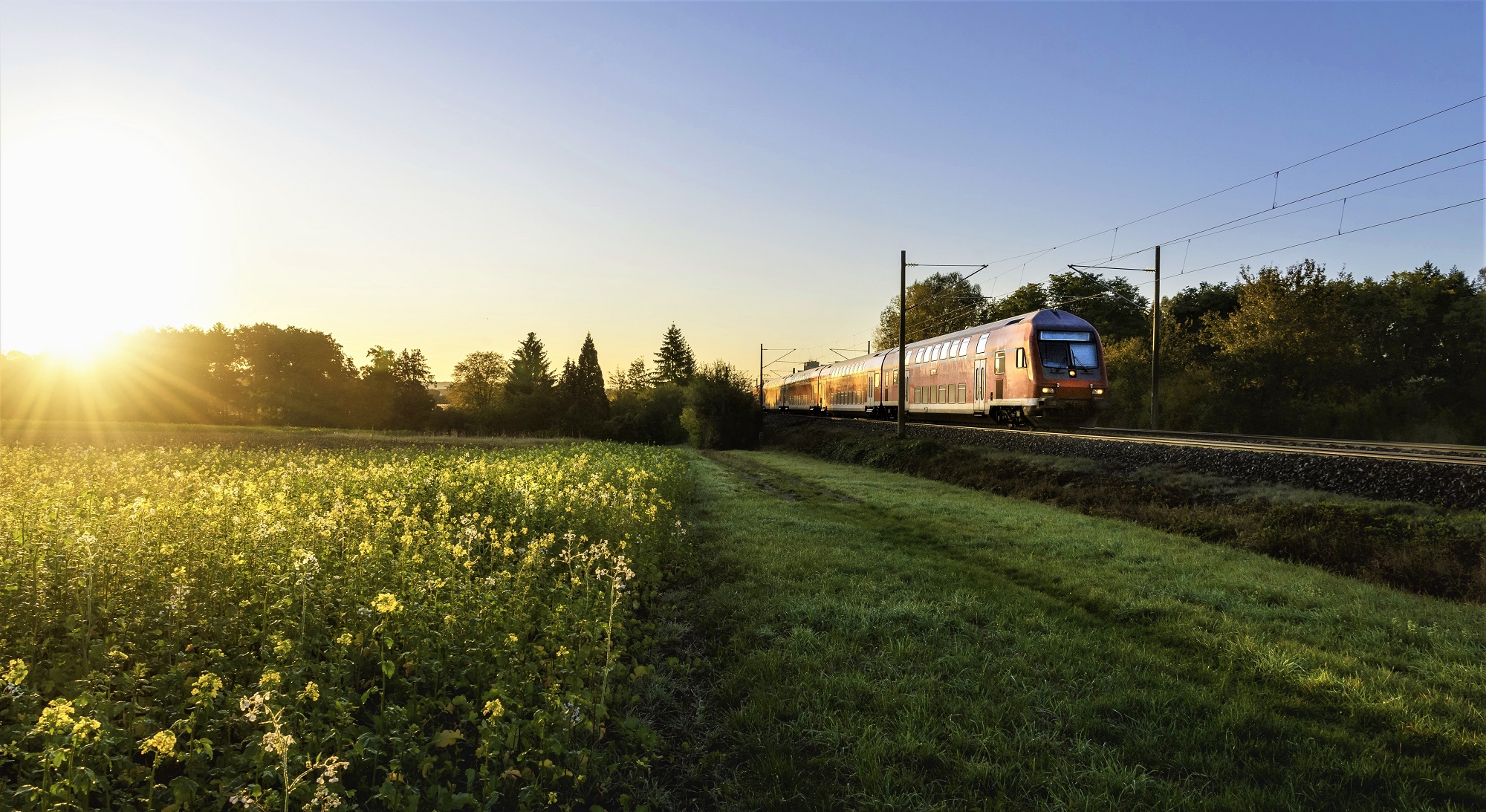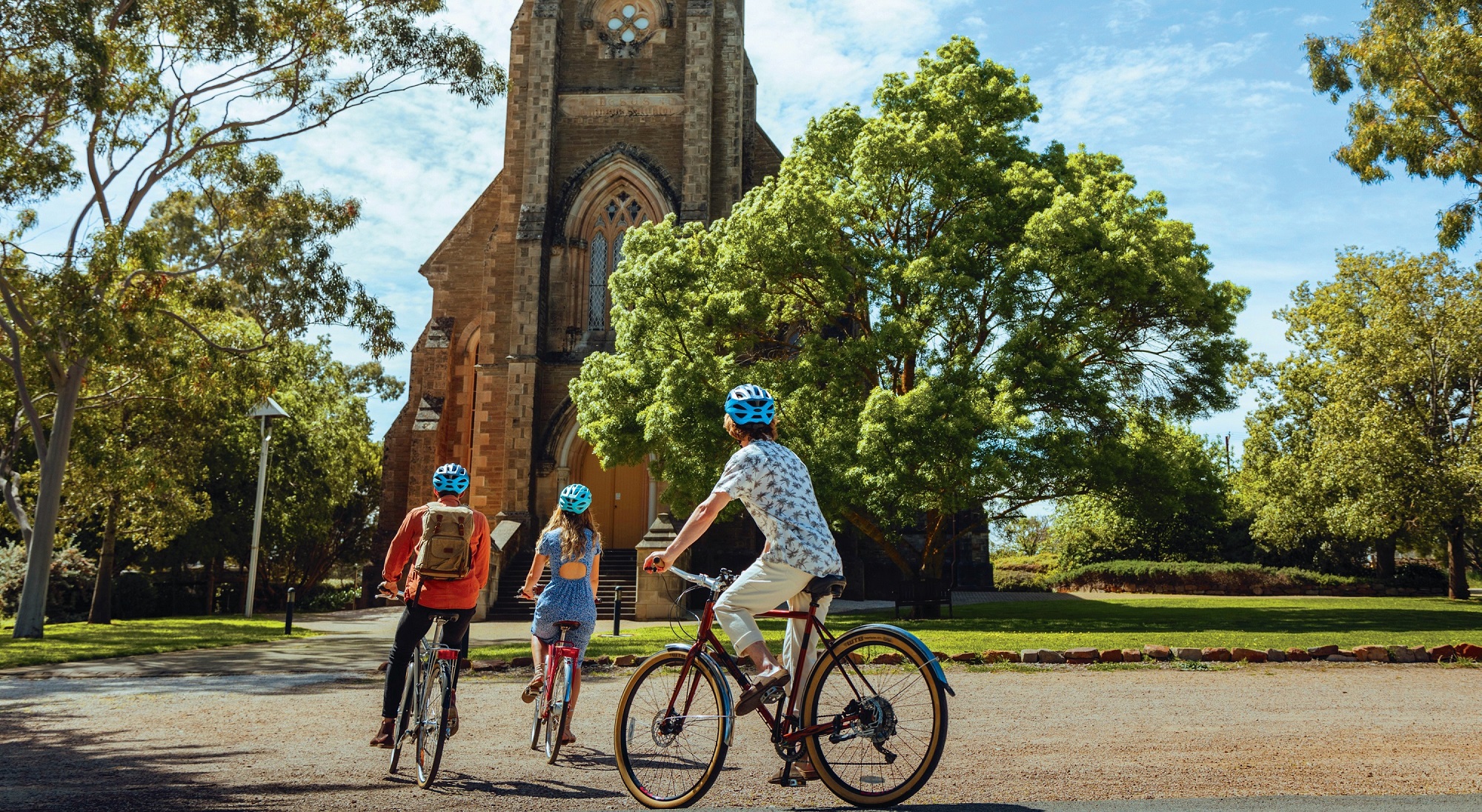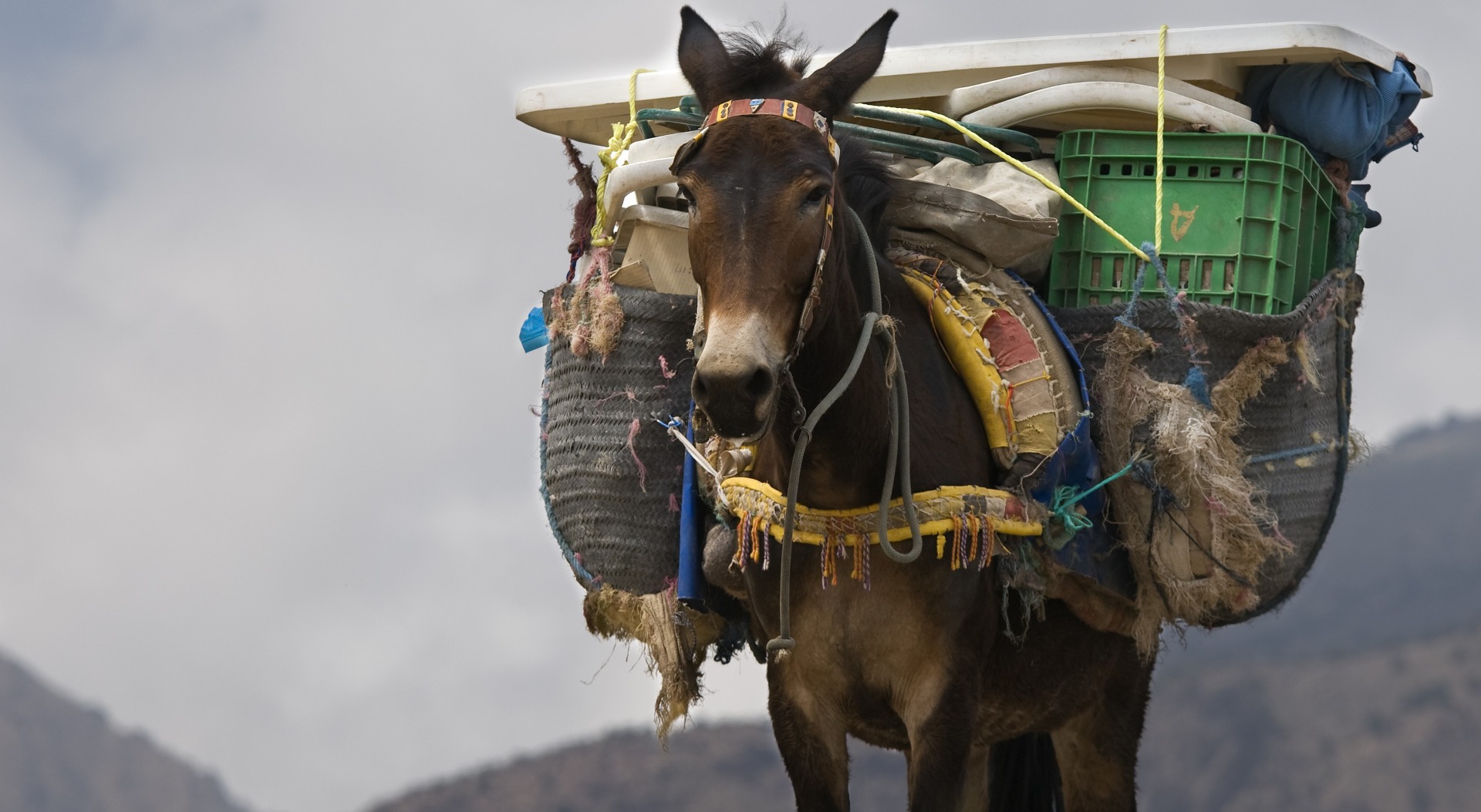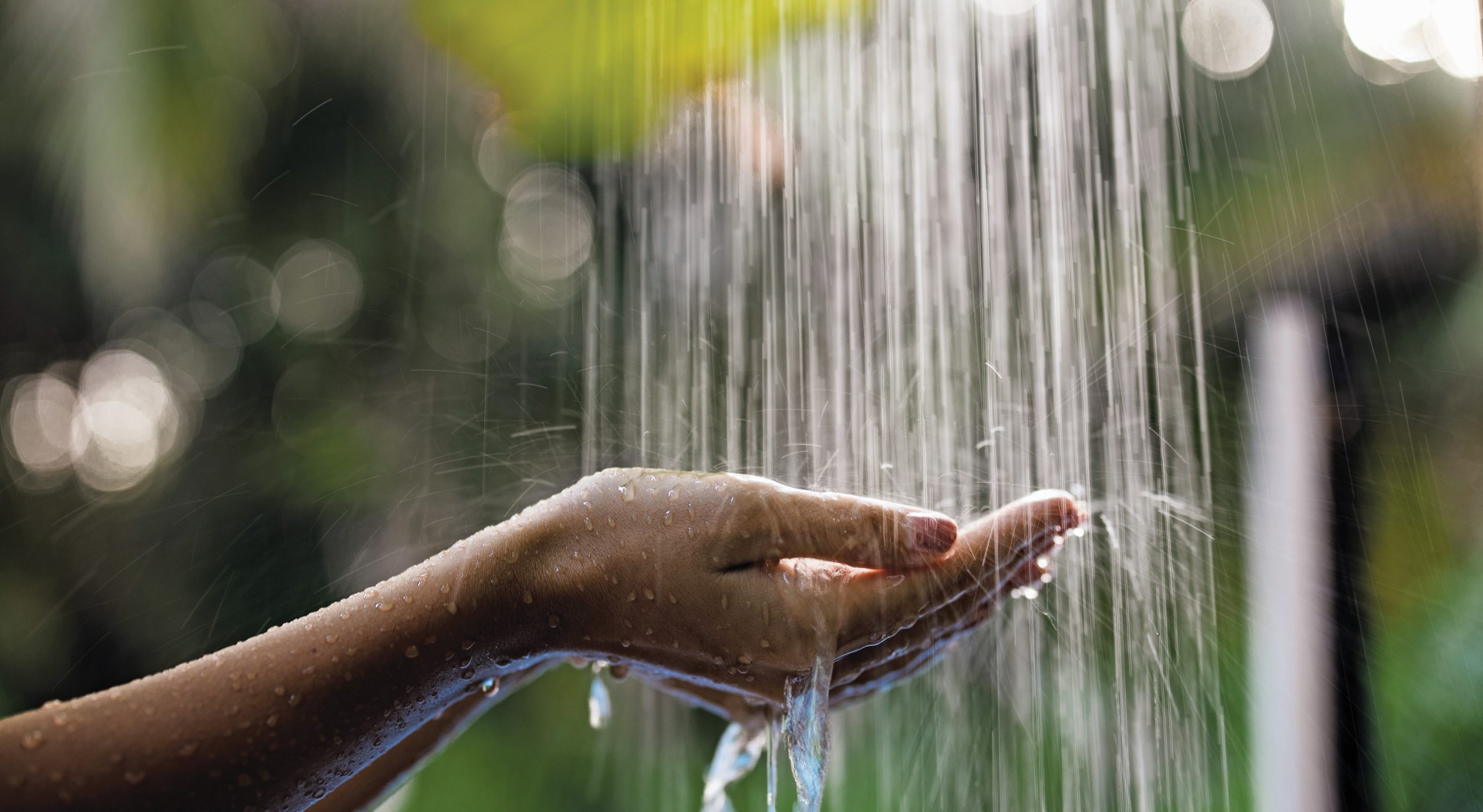Reducing your travel footprint

Whether we’re heading to distant lands or just popping down the coast for the weekend, we can all do our bit to help take care of the planet.
Here are seven ways we can minimise our carbon footprint while travelling.
1. Avoid flying for short trips
All forms of modern transport leave a carbon footprint, and air travel is among the biggest CO₂ emitters. For shorter travel legs, consider taking a coach, a train or even a family road trip. As they say, getting there is half the fun – think of all the things you’ll see along the way that you won’t see at 12,000m in the air.

2. Take your own toiletries
Somewhere in the world there’s a place for all those leftover slivers of hotel soap – usually it’s landfill. The same fate awaits millions of one-use shampoo and conditioner bottles, toothbrushes and toothpaste tubes, and all their plastic wrappers.
If you take your own toiletries, not only will you be able to choose eco-friendly products, you’ll also be doing your bit to reduce waste.
3. Walk, cycle, e-scoot or take public transport
Exploring new cities and towns is exciting. But rather than dashing about in petrol-fired taxis and rideshares, enjoy a leisurely stroll or hire a bike to soak up the sights. Many cities have e-scooters, which are a fun, environmentally low-impact way of getting around town.
Alternatively, take a local train, tram or bus. Overall, they produce less greenhouse gas emissions than private vehicles, and also offer a relatively cheap sightseeing tour.

4. Fly non-stop
Planes are at their thirstiest, and most polluting, during take-off and landing. If possible, book a non-stop flight when you’re travelling to a distant destination. Not only will this reduce your carbon footprint, but it also means spending less time hanging around airports wrestling with flight delays, gate changes and boarding queues.
5. Pack light
For some, packing is the most stressful part of a holiday. The fear of forgetting something can lead to overcompensation and bloated suitcases. But heavy luggage means a heavier plane, taxi, coach or family car, and higher fuel consumption.
Taking only what you really need can lighten the load on the environment. Plus, you’ll have less stuff to lug around.

6. Leave your towels on the rack
Many hotels provide the choice of leaving your towels on the rack, rather than on the floor, if you don’t need them washed. You can take this a step further by hanging a ‘Do not disturb’ sign on your door to prevent bedsheets being changed and unnecessary vacuuming.
7. Go easy on power and water
At home, we tend to keep a close eye on our electricity and water usage to avoid whopping bills, but on holidays we might be a little less watchful. Perhaps we shower a bit longer in the Airbnb, have the air-conditioning on when we’re out, or leave lights on in empty rooms – all of these things have an environmental impact.
When you’re staying away from home, adopt a mindset that you’re paying the utilities bills.


